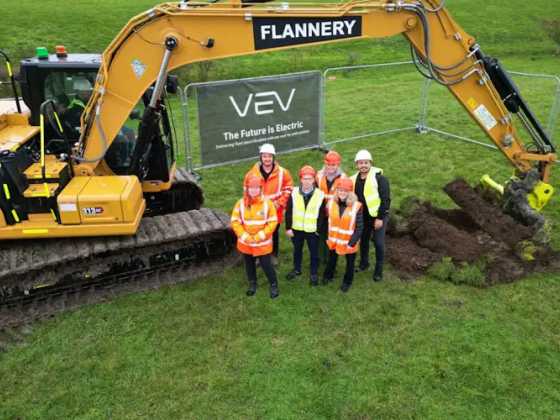Ten areas to begin government-funded air quality work

Ten local authorities are set to take forward new measures to tackle air pollution, funded by the government's £3.5billion national air quality plan.
The ten local authorities are Dudley; Leicester; Newcastle-under Lyme; Portsmouth; Reading; Wolverhampton; Sandwell; Solihull; Basingstoke and Deane; and South Gloucestershire.
The measures include retrofitting approximately 400 buses with technology to reduce emissions; traffic management measures such as adjustments to signalling to reduce congestion; and behavioural change campaigns to encourage individuals to reduce their contribution to air pollution.
Earlier this year, Ministerial Directions were issued to 33 local authorities, requiring them to submit studies on the steps they can take to comply with roadside NO2 limits in the shortest amount of time.
As well as the ten local authorities that have had their plans approved, eight local authorities will now carry out a more detailed study outlining in detail how they will tackle the more persistent air quality problems they have identified. These studies will be presented to government by 31 October 2019 at the latest. The local authorities include; Bolsover; Bradford; Portsmouth; Broxbourne; Newcastle-under-Lyme; Stoke-on-Trent; Leicester and Liverpool.
Portsmouth, Leicester and Newcastle-under-Lyme are being directed to carry out more detailed studies, but have also identified measures that can bring forward compliance quicker.
Eighteen other local authorities are already operating within legal limits or have not found any measures to bring compliance sooner. These will be expected to maintain their work to reduce pollution levels and improve the quality of the air.
Also announced today is the Air Quality Grant for 2018-19 which will provide support to local authorities across England to deliver projects to improve air quality. Applicants in previous years have been awarded funding to install electric vehicle charging points, improve cycling infrastructure and develop local online air quality resources.
This year’s grant of £3million is the largest air quality grant to date.



